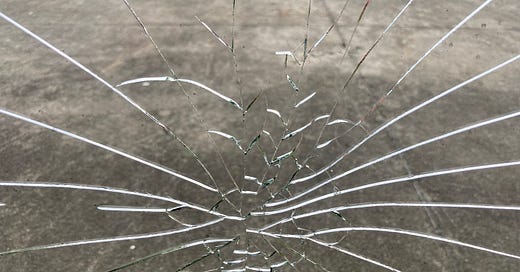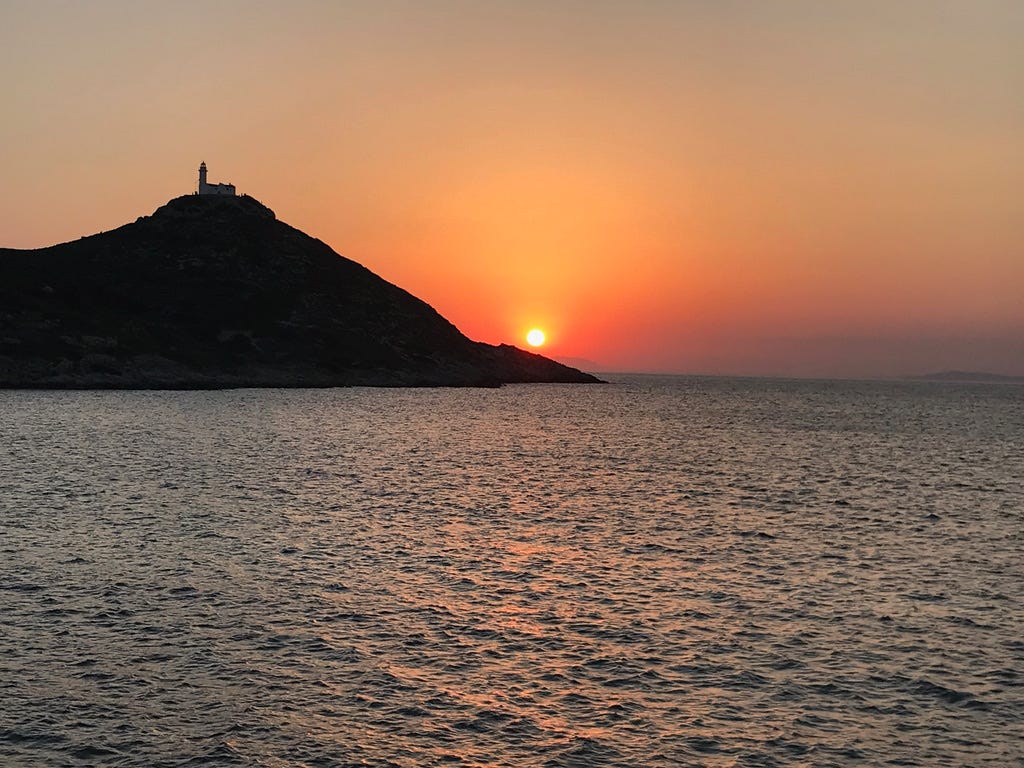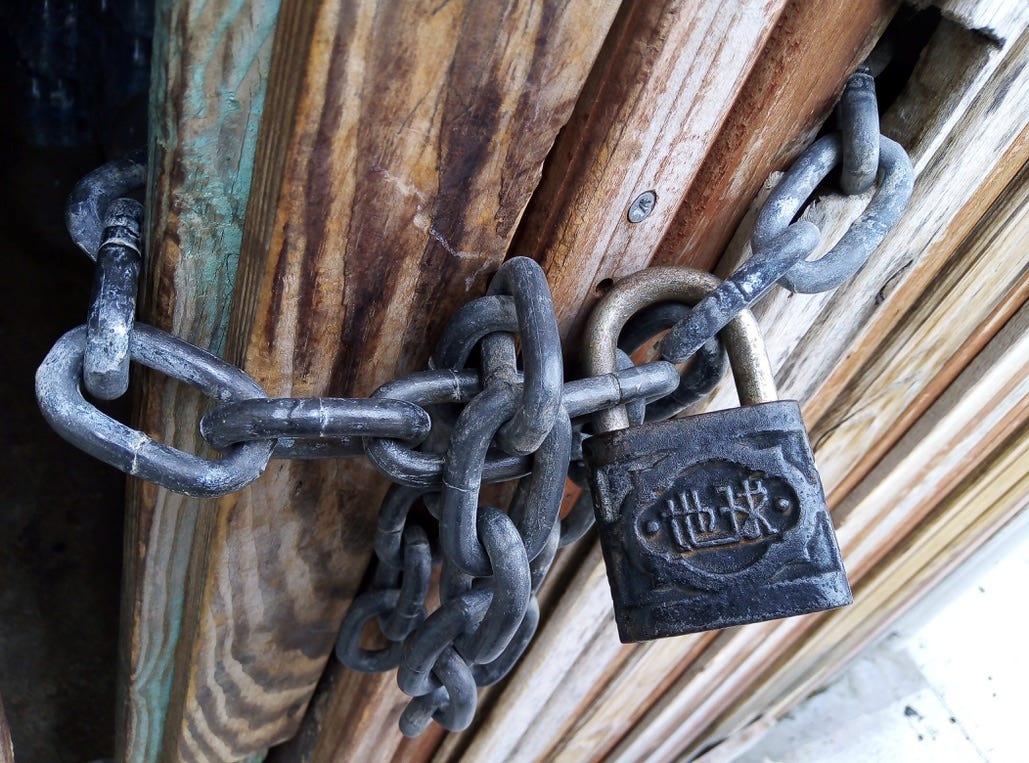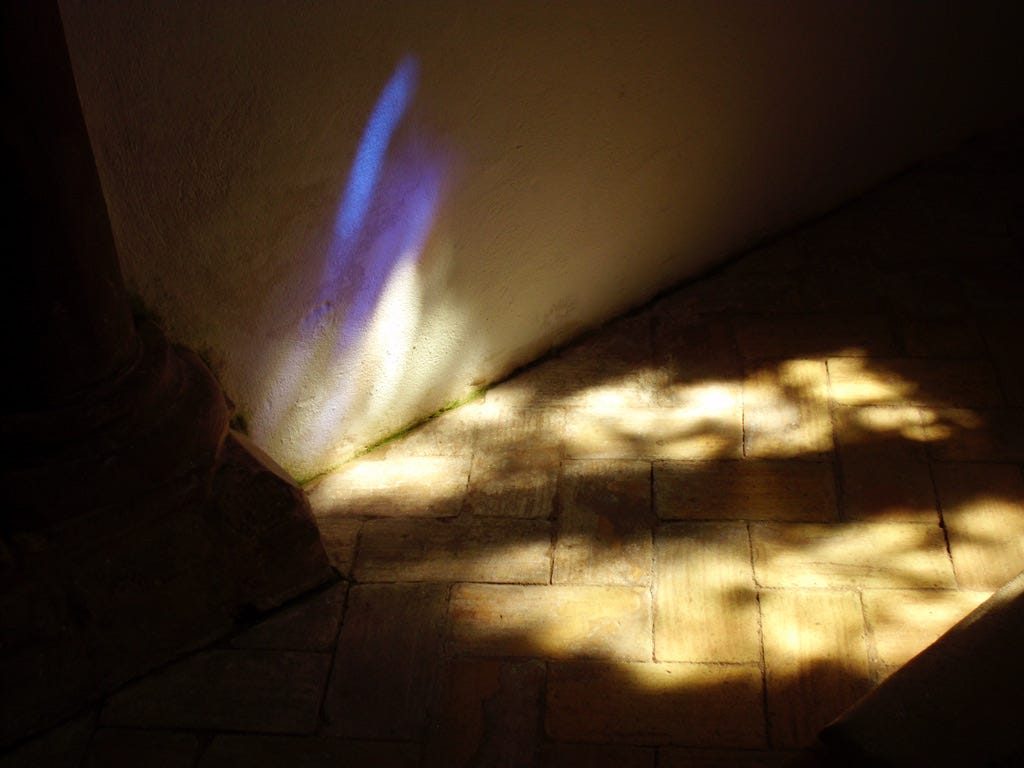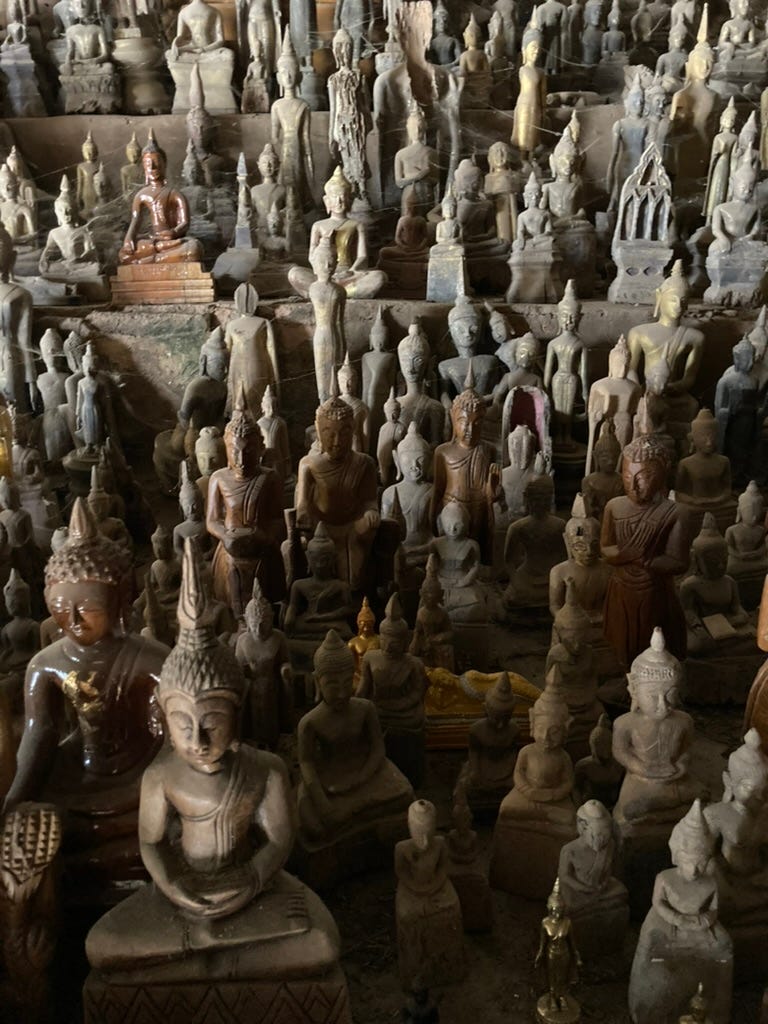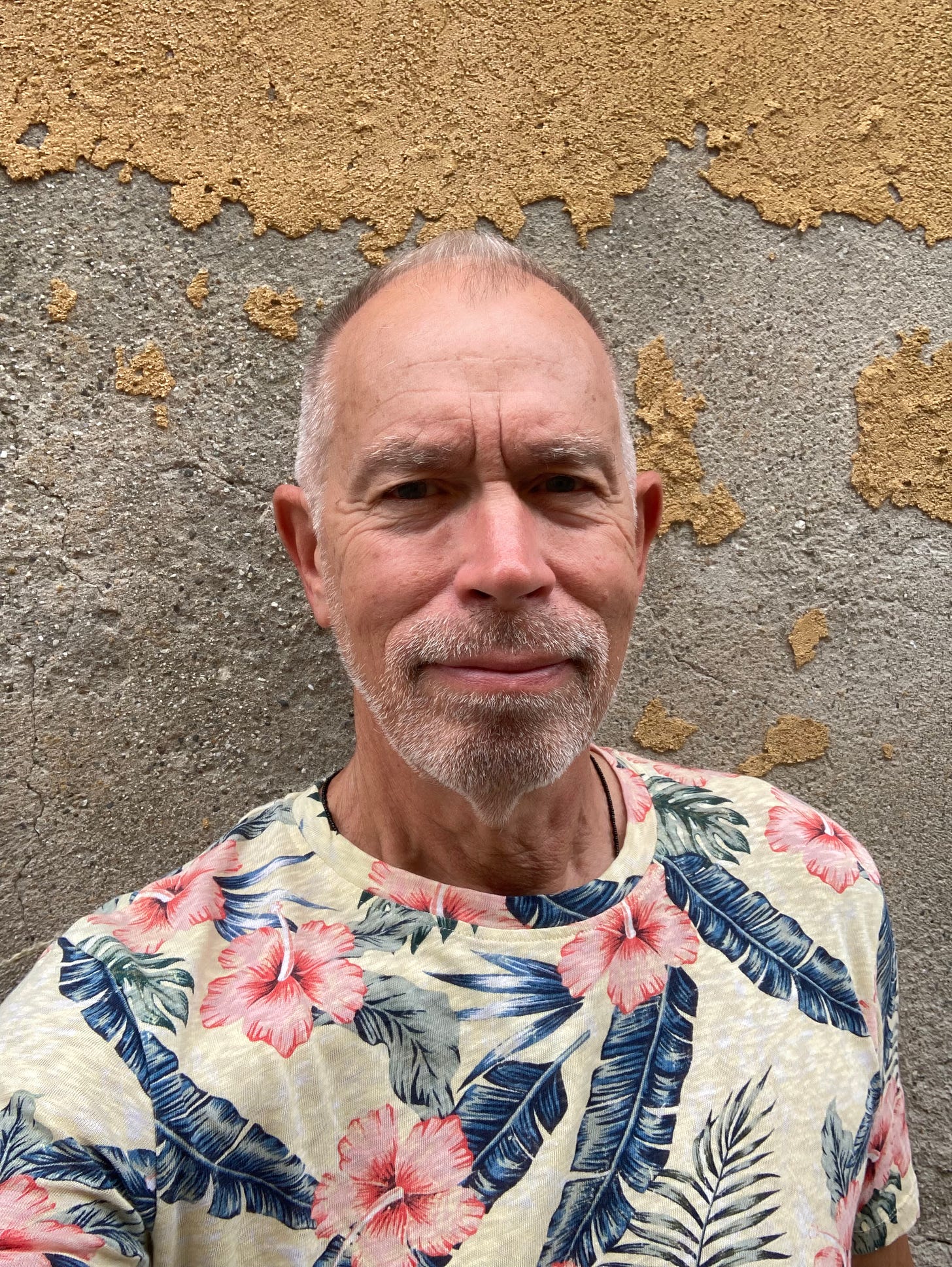The Hammer of God
How I respond to my white supremacist friend and what I learn from suffering
The Hammer of God
I have a friend who is a white supremacist. He believes that white Europeans are largely responsible for what most think of as the civilized world — advanced technology, the rule of law, modern medicine, book learning, a liberal democracy, and so forth. He believes back and brown people degrade the communities they enter and that there should be laws and walls to keep them out.
I don’t despise him; in fact, my friend is quite brilliant and well-traveled. He is earning his opinion, and I respect the process — just not the outcome. While I value and enjoy the many contributions of white Europeans, I don’t believe in the supremacy of any one race.
But my friend is young. That is not his fault. He has yet to feel the hammer of God that falls upon men, cracking open their tough, tawny husks, exposing milky white and soft innards, the sanctum of vulnerability where change occurs.
The divorce. The job loss. Cancer. A car crash. The rebellious child. Long nights in jail. A dear friend’s suicide. Bankruptcy. Betrayal.
On and on the hammer falls, smashing and breaking apart hardened views, opening the person to receive God’s greatest gift — the epiphany.
If you are unfortunate enough to escape the blows I mentioned, or others like them, then the final blow will inevitably find you. Then, as death approaches, you will challenge everything you believed was orthodox. Then, if you have not done so in life, you will begin to wonder, and wonder is a gift.
“Unfortunate enough to escape the blows, did you say, Brant? Was that a typo? Did you misspeak?”
No, but I understand the confusion.
We are genetically conditioned to avoid loss and pain. That’s how we survived as a species. While some ascetics choose to lie under the hammer and say, “Fall on me,” most of us weave and dodge, doing everything in our power to avoid pain.
And yet the hammer falls. It has fallen on me. It will fall on you. It will fall on my white supremacist friend.
Perhaps then, he will learn that our world is beautiful because of its diversity. Variety is the spice of life!
Perhaps then, he will learn that we would be impoverished if all we had were trains that run on time, precision atomic clocks, impenetrable walled borders guarded by soulless drones, factory-made modern medicines, safe streets policed by the ever-watchful eyes and ears of technology, and the certainty of science as God’s surrogate.
We also need spice and dance and a deep respect for the natural world. We need rhythm and magic and a sense of pace. We need spirits and respect for our elders and ancestors. We need a place of respite away from omnipresent cameras and phones. We need foods that look and taste like food, and plant-based medicines. We need broad smiles and humor in the face of adversity. We need music that drives us to dance with wild abandon. We need mystery.
These are just a few, a scant few, of the gifts dark-skinned people give us, and I don’t want to live in a world without them. Our souls need them to thrive.
A Thoughtful Poem
I walked a mile with gladness.
She chattered all the way.
But not a thing I learned from her, for all she had to say.
I walked a mile with sadness, and not a word said she.
But oh the things I learned from her, when sadness walked with me.
Anonymous
The poem cited above is one I used to read to my kids when they were little. It gives me joy as a dad to know they still remember it. While the poem’s message is counterintuitive, we are indeed fortunate when the hammer hits us, for we always learn more from hardship than we do from comfort. And not just because I say so here. It is the wisdom of the ages.
I spend time with my friend when I can. We break bread together, and we talk. We share stories from our travels. And we respect each other. I let him rant, and he lets me.
And while he is much smarter than I am, I presently have two advantages over him.
I am old, and I have been hammered.
.

